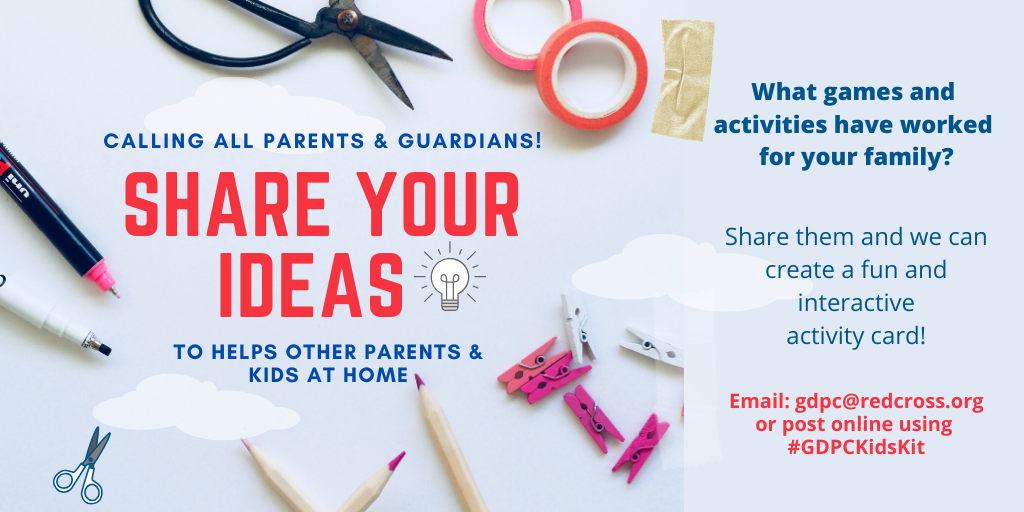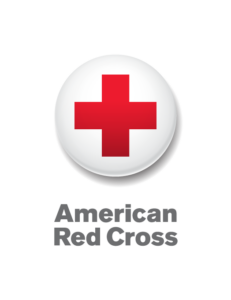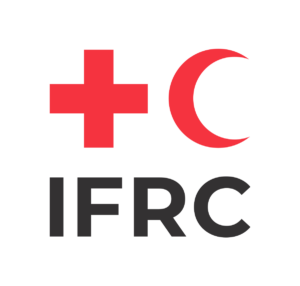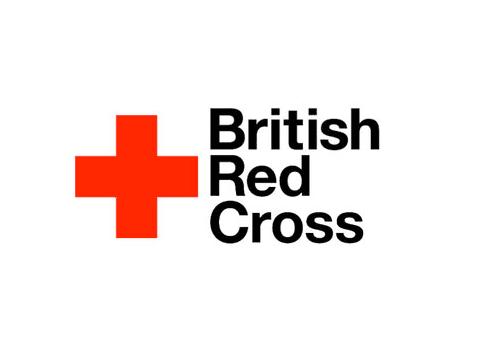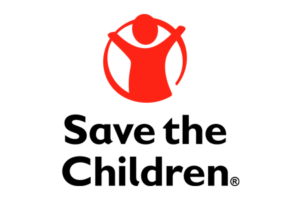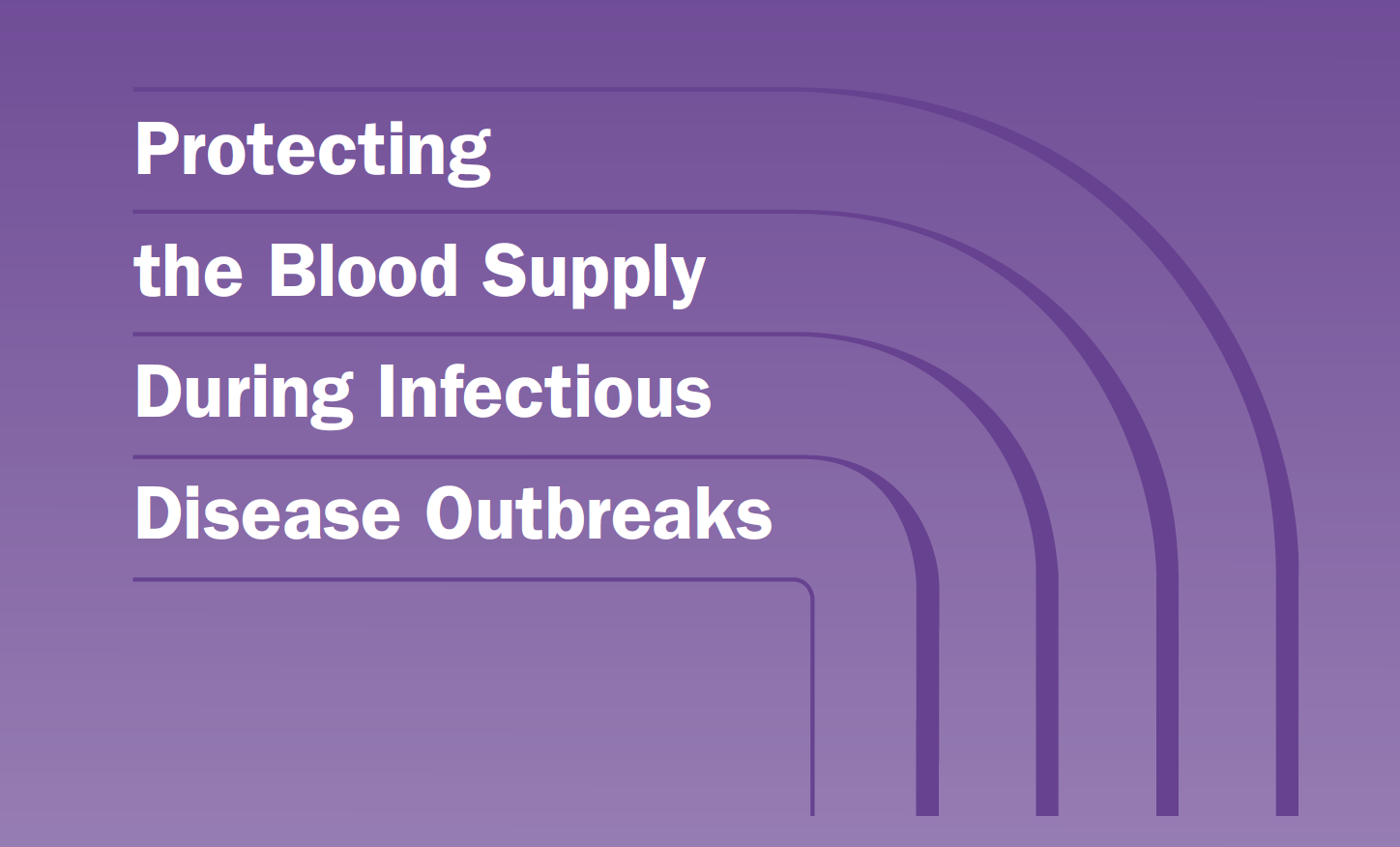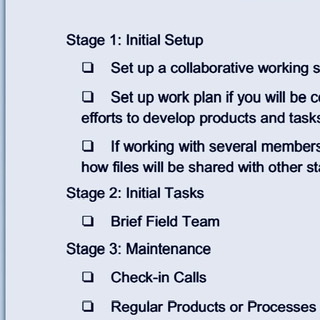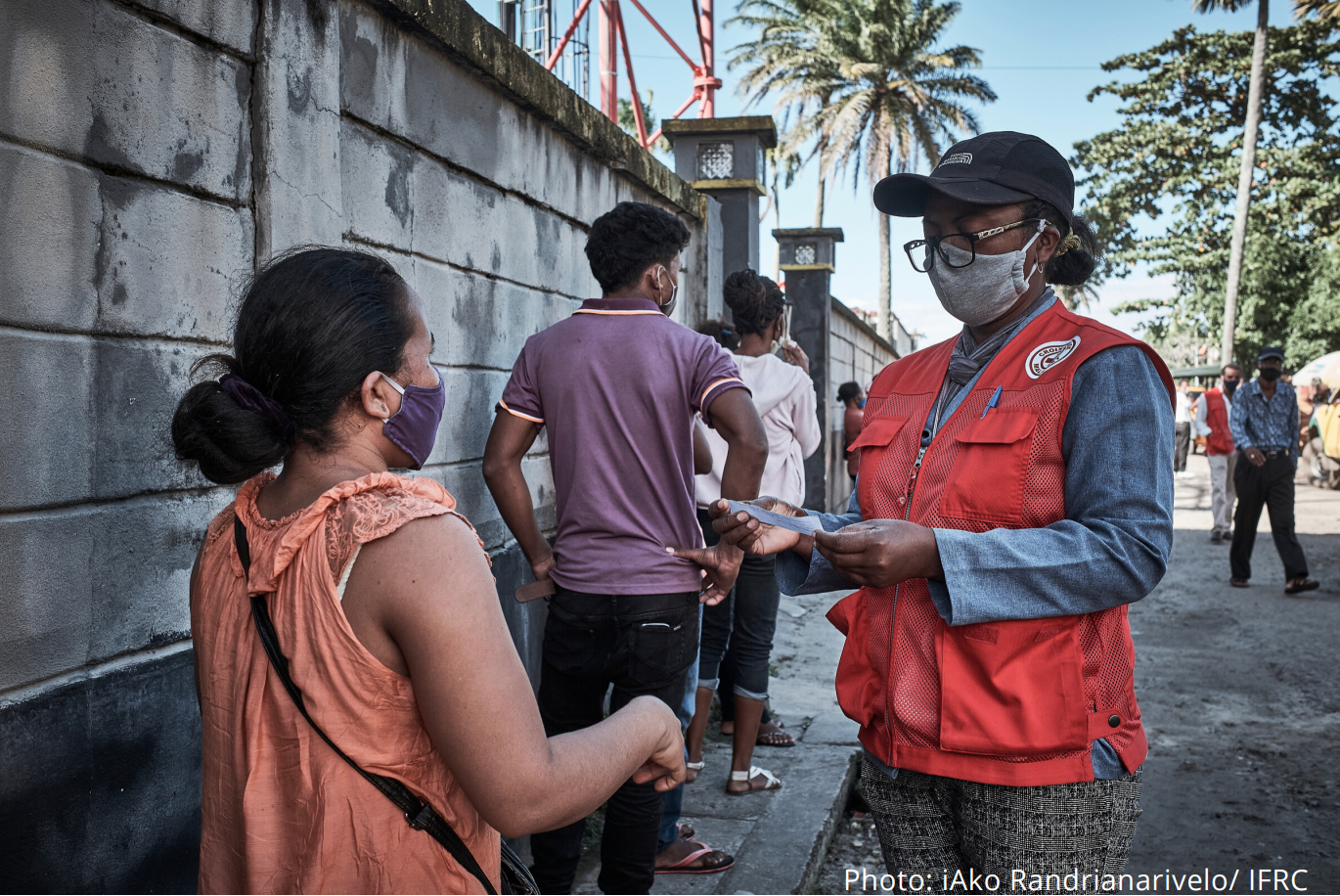COVID-19 Kids Activity Kit
Activity Cards:
an easy step-by-step instructions and child-friendly characters,
available in multiple languages
With schools closing around the world, kids are at home looking for engaging activities while parents are busy working. They also may have questions about the coronavirus and need to learn how to stay safe during this time:
This kit provides fun activity cards with easy-to-do games and exercises where kids can learn how to wash their hands, not spread germs, cope with stress, and more.
The Activity Card formats with easy step-by-step instructions and child-friendly characters. This format, and its availability in multiple languages, make it easier for National Society communicators, partners, and the general public to utilize the resources.

Safety Activities & Games
Fun ways kids can learn how to stay safe with activities inside the home.
Wellness Exercises
Fun ways kids can learn how to stay safe with activities inside the home.

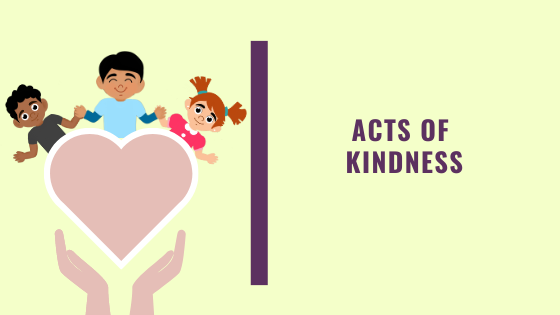
Acts of kindness
Activities where kids can show kindness and appreciation to those around them.
Imagine and Create
Activities where kids can imagine what their future will be like and what they can do to make it happen.


Disaster Preparedness games
Games for kids to play, learn and be prepared for different disasters.
More Resources:
Additional Activities for learning by playing
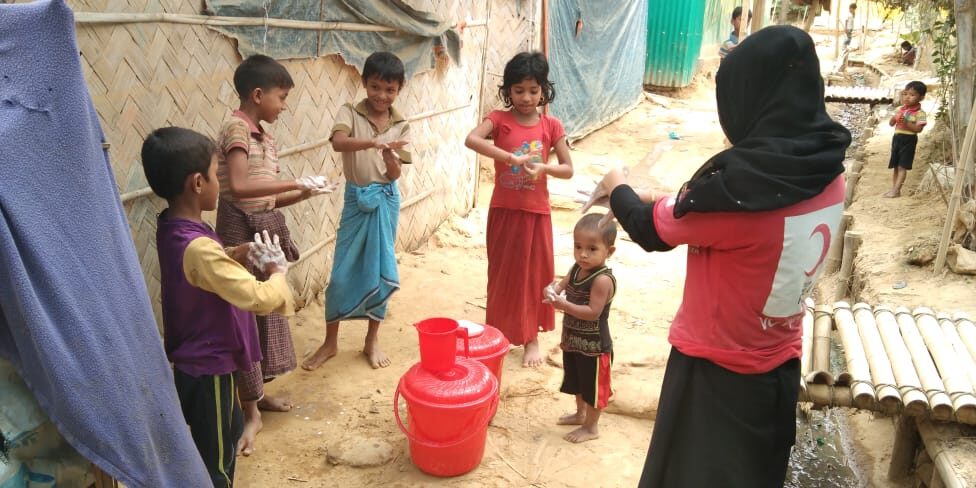
Youth and COVID-19
As public conversations around coronavirus disease 2019 (COVID-19) increase, children may worry about themselves, their family, and friends getting ill with COVID-19.
Parents, family members, school staff, and other trusted adults can play an important role in helping children make sense of what they hear in a way that is honest, accurate, and minimizes anxiety or fear.
It is very important to remember that children look to adults for guidance on how to react to stressful events. Acknowledging some level of concern, without panicking, is appropriate and can result in taking the necessary actions that reduce the risk of illness.
Teaching children positive preventive measures, talking with them about their fears, and giving them a sense of some control over their risk of infection can help reduce anxiety.
This is also a tremendous opportunity for adults to model for children problem-solving, flexibility, and compassion as we all work through adjusting daily schedules, balancing work and other activities, getting creative about how we spend time, processing new information from authorities, and connecting and supporting friends and family members in new ways.
Multiple organizations have created guidance to help parents and other adults have conversations with children about COVID-19:
- CDC: Talking with children about Coronavirus Disease 2019
- Talking to Children about COVID-19, developed by the National Association of School Nurses. Also available in Spanish.
- Helping Children Cope with Changes Resulting from COVID-19, from the National Association of School Psychologists.
